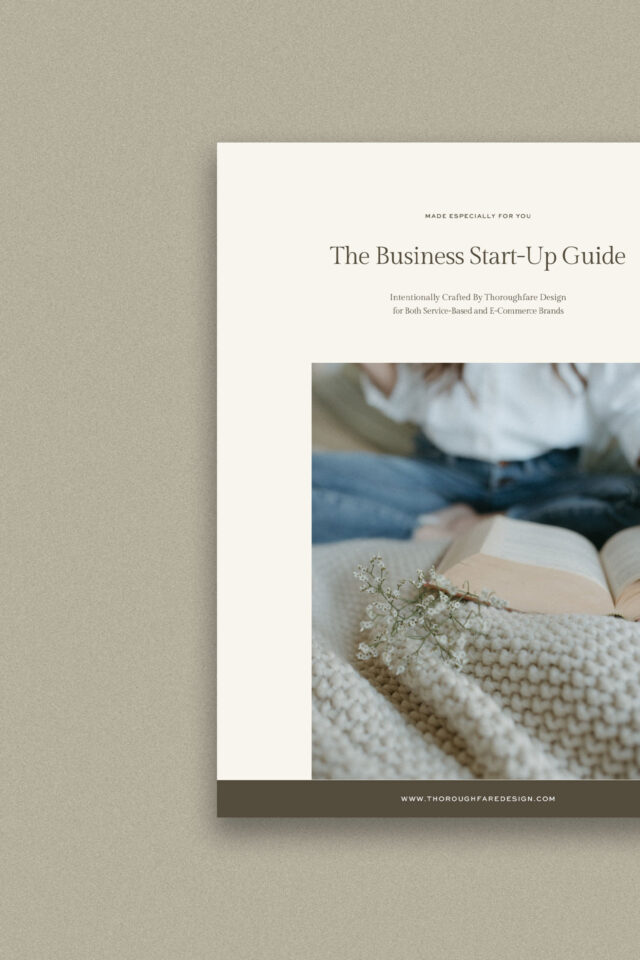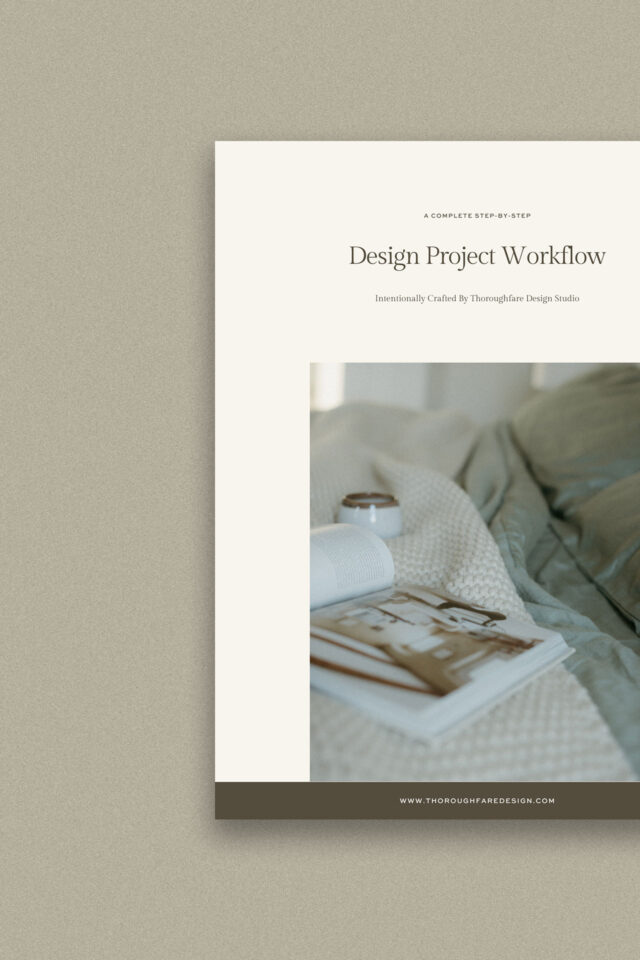
For many, the idea of working alongside your partner sounds like a dream come true. You get to spend more time together, collaborate on projects, and share in each other’s successes. While this arrangement has its perks, it can also bring unique challenges—most notably, the difficulty of turning off “work mode” and maintaining a healthy work-life balance.
If you’re considering or currently working with your loved one, here are some insights into the joys and potential pitfalls, and how to keep both your relationship and business thriving.
The Benefits of Working Together
1. More Time Together
One of the greatest advantages of working with your partner is the simple fact that you get to spend more time together. When you’re both pursuing the same goals, it can strengthen your bond. Whether brainstorming ideas or celebrating milestones, you’re building not only a business but also deeper layers of trust and shared experiences.
2. Mutual Support
Being able to lean on each other in the workplace is a massive benefit. You understand each other’s stressors, challenges, and triumphs better than anyone. When one of you is overwhelmed, the other can step in, making it easier to share responsibilities and support one another emotionally and professionally.
3. Aligned Goals
Working together allows both partners to focus on the same objectives. Instead of dealing with separate career paths that might pull you in different directions, you’re building toward something together. This can foster a stronger sense of teamwork, making the journey to success feel like a shared adventure.
The Challenges: Work Mode Never Turns Off
Despite the positives, there’s a flip side. One of the most common challenges when working with your significant other is the risk of never turning off “work mode.” Since you spend so much time together in a work setting, the boundaries between professional and personal life can blur.
1. Constant Work Conversations
When you work with your loved one, it can be hard to stop talking about work—even during downtime. Dinner conversations may revolve around business decisions, and relaxing weekends might be interrupted by discussions of the next project. Without boundaries, work can become the central focus of your relationship, which may eventually lead to burnout.
2. Working Through Breaks Especially Lunch
Let’s be honest—when you’re in the zone, it’s hard to hit pause, even for a lunch break. But here’s where balance comes into play: sometimes powering through can be productive, while other times, it’s crucial to step away and recharge. If you’re on a roll, by all means, keep that momentum going. But if you’re struggling to focus or feeling drained, skipping breaks can make things worse. Recognizing when to take a break versus when to keep pushing is key. A well-timed break can refresh your mind, boost creativity, and help both you and your partner return to work with new energy. Make it a habit to step away for a proper lunch, even if it’s just 20 minutes—your work and relationship will thank you for it.
3. Role Confusion
Another challenge to watch out for is potential role confusion. Early on, it’s essential to figure out who enjoys doing what within the business. For example, Savannah excels in branding, while I (Dillon) handle website development. Even with distinct roles, you’d be surprised how many tasks overlap. Communication is key when determining who should tackle which tasks and how to move forward effectively. Be prepared for some trial and error—sometimes you won’t know if you like or dislike a task until you try it. You might discover that what doesn’t appeal to you is something your partner thrives on. It takes time, but eventually, you’ll find the best fit for each role.
Finding Balance: Tips for Success
So, how do you manage the joys of working together while avoiding the pitfalls of always being in work mode? Here are some strategies to help maintain a healthy balance between work and life.
1. Set Clear Boundaries
The most important thing you can do is establish clear boundaries between work and personal life. Designate specific times or spaces where work conversations are off-limits. For example, make it a rule to avoid talking about business after dinner or during weekends unless it’s absolutely necessary. Setting these boundaries helps preserve the personal side of your relationship and prevents work from taking over every moment. Also, consider having an office space where you can keep your work separate from your personal life when working from home. It’s easy for things to get blurred if you work in the living room where you also have family time. I mean, the laptop is sitting right there =).
2. Take Real Breaks, Especially Lunch
It’s tempting to keep working through lunch, especially when you’re in the same environment as your partner and the workday is flowing. However, taking real breaks is essential—not just for your productivity but for your relationship too. Use lunchtime as an opportunity to disconnect from work and connect with each other on a personal level. Instead of a working lunch, try setting aside this time to have a mindful meal together, talk about non-work-related topics, or simply enjoy some quiet time apart to recharge. Creating a healthy boundary around break time helps reinforce the line between your workday and personal life, ensuring you both return to your tasks with fresh energy and a clear head.
3. Respect Each Other’s Roles
In a professional setting, it’s crucial to respect each other’s roles and expertise. Just as you would with any colleague, listen to your partner’s ideas, offer constructive feedback, and recognize their strengths. This will help keep the professional and personal dynamics separate.
4. Schedule “Non-Work” Time Together
Just as you schedule meetings or work sessions, schedule time to be together outside of work. This can be anything from a casual lunch date to a weekend getaway. By carving out intentional time to focus on your relationship, you ensure that your connection isn’t only about work. Another perk, is you get to recharge and reignite that creativity. Work is important, but it isn’t the most important thing. Remember to carve out that good family time! Lately, we have been getting out on the pickleball courts in our area for a little friendly family competition.
5. Celebrate Wins Together, and Support Each Other in Losses
Celebrate your victories together, no matter how big or small. Whether it’s landing a new client or completing a tough project, recognizing those moments of success together is important. It’s way too easy to skip over the successes so make sure to really appreciate them. Too often, the triumphs go overlooked because of the work mode or the “oh, that’s not enough” mentality. Don’t get caught up in the hustle to the point you miss all those accomplishments you worked so hard to get.
6. Learn to Let Go
Have you ever had a negative experience with a client that affected your whole day? Let’s just say we have had this happen plenty of times. Learning to let go is the best thing you can do. I know it’s easier said than done, but once you start learning to let go you will notice the weight lifted off your shoulders. We know, it is so hard not to take things personally when it is your business baby so to speak. You put your blood, sweat, and tears into your business so it can be difficult to hear negative feedback. That’s okay, we are still learning ourselves. The key is to not dwell on that negativity for too long. Try to learn from that experience and move on to better things. From our experience, it can trickle into your personal lives as well if it becomes a focal point. Don’t let it ruin your day. Our best advice on the matter is to learn to let go.
Final Thoughts
Working with your loved one can be an incredibly fulfilling experience. It allows you to grow together, share successes, and pursue your dreams as a team. However, it also requires careful balance regarding boundaries, personal space, and maintaining a separation between your professional and personal lives.
By setting clear boundaries, respecting each other’s roles, and making time for your relationship outside of work, you can enjoy the best of both worlds. With a little effort, working with your loved one can strengthen your bond and lead to both professional and personal success.
At the end of the day, it’s all about balance—and with the right approach, working together can be one of the most rewarding experiences for both your business and your relationship.
Have you ever worked with your loved one before? What did you notice from working together? Did you enjoy working together? Feel free to reach out to us via email or social media to share your thoughts or experiences when working with your loved one.










